AO Edited
Lyndhurst Bowling Alley
One of the earliest bowling lanes in the U.S. doubled as a sewing school during a time when women had little job opportunity.
Although bowling and women’s economic empowerment at the end of the 19th century are not usually thought of together, the recently restored Lyndhurst bowling alley actually links the two. For those who equate bowling alleys with the 1950s, this late-1800s structure, located within feet of the Hudson River, will be an eye opener.
The Lyndhurst bowling alley, originally built by Helen Gould, the eldest daughter of rail baron Jay Gould, was later used as a home for her sewing school.
The school, which was held in the building’s adjacent parlors, taught a trade to local women who often had no other job opportunity than to work as a servant. Many were recent immigrants. Helen Gould trained women of all races and religions, which was unusual for the period.
Later, Helen’s younger sister Anna, the Duchess of Talleyrand, used the bowling alley for soldier convalescence during World War II. Although the structure fell into disrepair in the 1950s, years of refurbishment have restored the bowling alley. Lyndhurst has recently opened this unlikely tribute to women’s empowerment for public tours.
The 7,000-square-foot structure includes a wide veranda to view the river. Its two-lane bowling alley is considered to be one of the earliest regulation lanes built in the country.
Know Before You Go
Tours of the bowling alley and neighboring mansion are offered to the public. The mansion grounds are also open to the public as a state-run park, and visitors can see the bowling alley on their own from the outside.

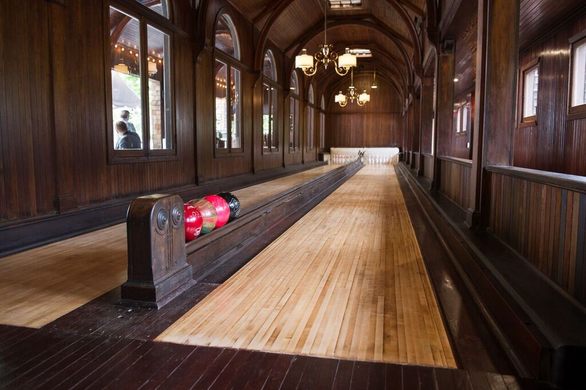
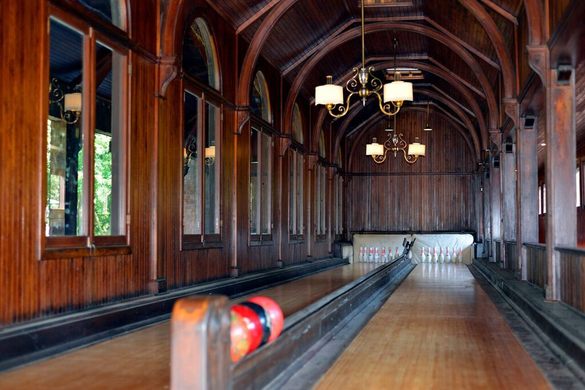
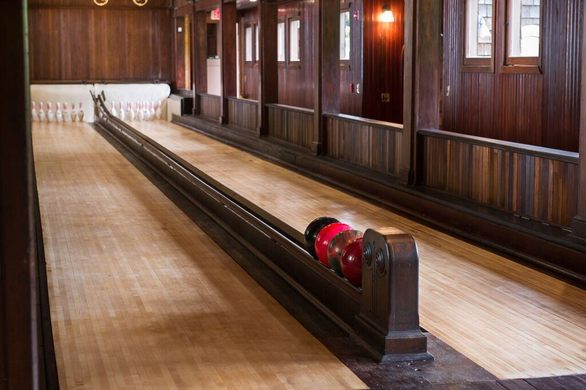
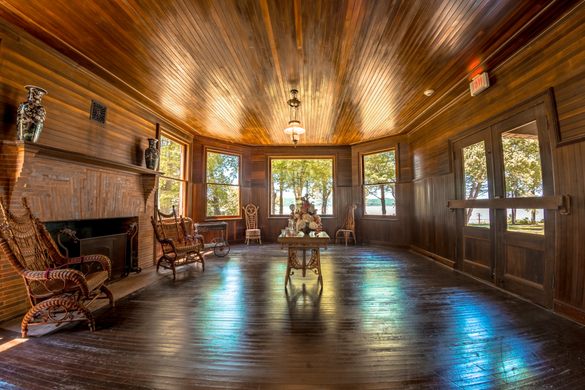
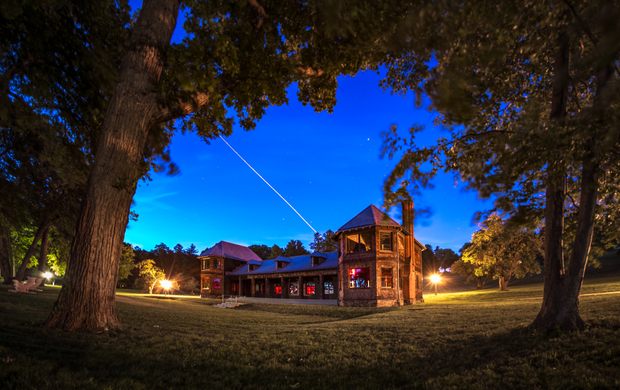





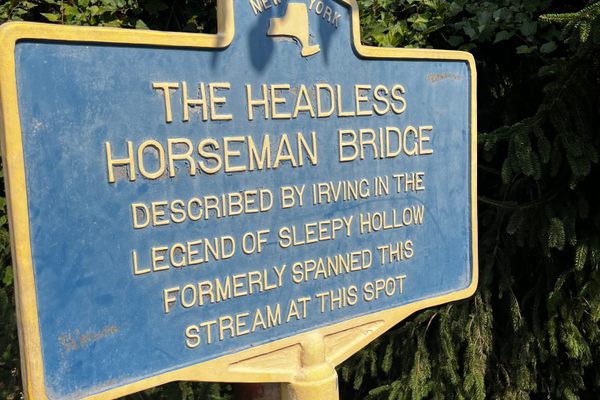
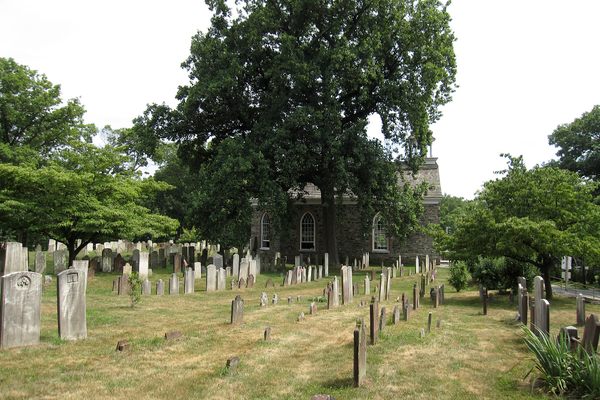
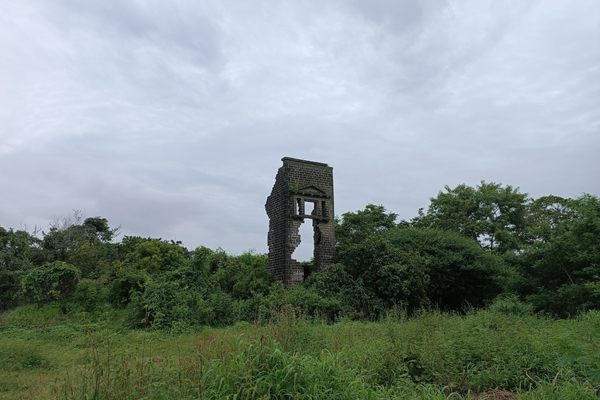
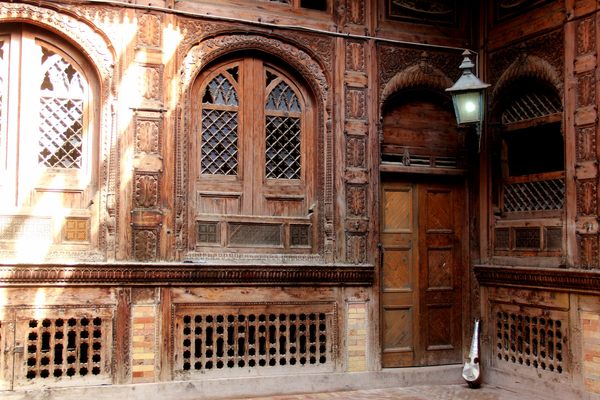




Follow us on Twitter to get the latest on the world's hidden wonders.
Like us on Facebook to get the latest on the world's hidden wonders.
Follow us on Twitter Like us on Facebook